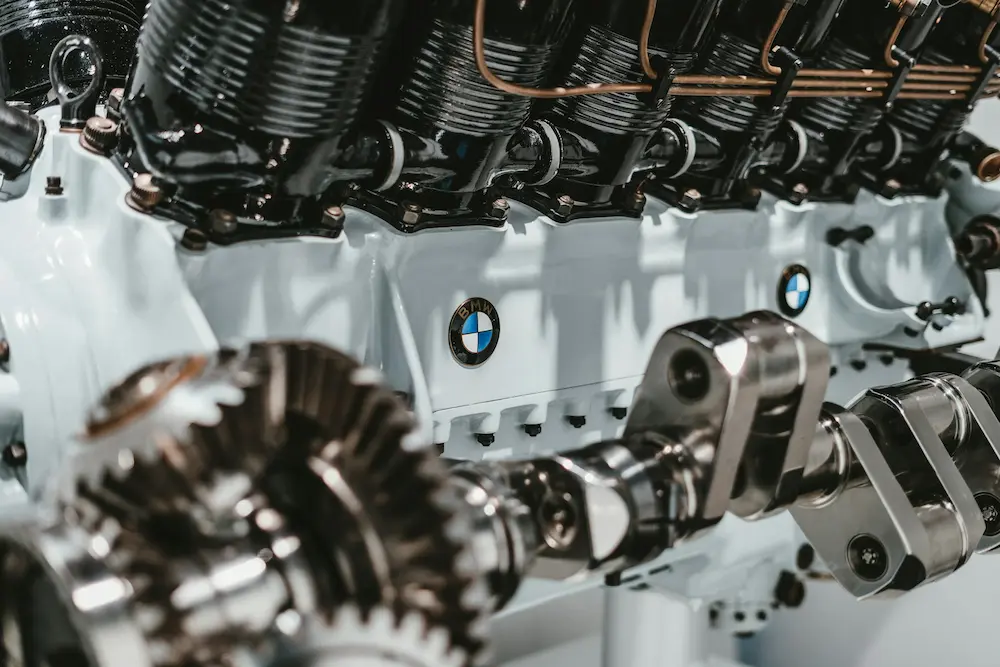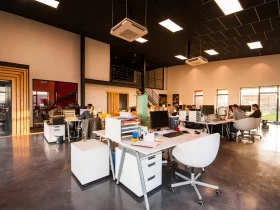The automotive industry has always been a fascinating one, with its constant innovation and evolution pushing the boundaries of technology and design. However, in recent years, the business terrain for automotive companies has become increasingly complex. From advances in electric and autonomous vehicles to shifting consumer preferences towards sustainability and convenience, automakers are navigating uncharted territory. Buckle up as we take a deep dive into the world of modern-day automotive business strategies.
Automotive Prototyping and Testing
In this multifaceted climate, a methodical approach to automotive prototyping and testing is crucial for both established and emerging automotive companies. Look for supplies like EDC Design – automotive prototyping specialists will help you bring your ideas to life, test them thoroughly, and ultimately improve the overall design and functionality of your vehicles. The collaboration between manufacturers and such suppliers ensures that the iterative process of design, prototyping, testing, and refinement is as efficient as possible. Automakers can predict and circumvent potential issues, reducing costs and time-to-market while adhering to stringent industry standards. This meticulous development pathway is a testament to the industry’s commitment to quality, safety, and customer satisfaction.
Electric Vehicle Technology
As the world continues to intensify its efforts toward a greener future, embracing electric vehicle (EV) technology and investing in battery innovation has become more critical than ever. In recent years, EVs have exploded in popularity, and for a good reason. They produce zero emissions, provide a quieter and smoother driving experience, and offer potential long-term cost savings for owners.
The transition to electric vehicles isn’t without its challenges. Automotive companies must navigate issues such as range anxiety, charging infrastructure, and battery life. As a result, they’re constantly seeking innovative solutions to optimize these areas and improve consumer adoption rates.
Autonomous Driving Systems
The development of autonomous driving systems is set to revolutionize personal and mass transportation as we know it. These cutting-edge technologies promise to redefine the very essence of mobility, offering unprecedented levels of efficiency, safety, and convenience.
Autonomous driving systems leverage a wide range of advanced sensors, algorithms, and software tools to enable vehicles to navigate through complex environments, make critical decisions in real time, and interact seamlessly with other vehicles, infrastructure, and pedestrians. While the road to fully autonomous driving is still a work in progress, the potential benefits of this technology are huge, from reducing traffic congestion to lowering accident rates and improving the accessibility of transportation for everyone.
Supply Chain Logistics
In light of recent global events, the importance of robust supply chain logistics in the automotive industry cannot be overstated. Disruptions such as a pandemic, trade disputes, or raw material shortages have a profound impact. To combat this, automotive companies are investing in smarter, more resilient supply chains. They are diversifying their supplier base, adopting just-in-time inventory practices, and utilizing predictive analytics to foresee and mitigate risks.
By integrating innovative technologies like IoT devices and blockchain, companies can achieve greater transparency and traceability in their supply chains. These efforts ensure that automakers can keep up with demand, maintain cost efficiency, and uphold their promises to consumers, even when facing unpredictable challenges that can rock the fundamentals of their operational strategies.
Partnerships with Tech Start-ups
Partnerships with tech start-ups are becoming an increasingly important strategic move for automotive companies aiming to stay ahead of the innovation curve. When you collaborate with these nimble, creative firms, larger automakers can fast-track the development of new technologies and tap into specialized expertise, particularly in areas like software development, artificial intelligence, and data analytics.
Start-ups often operate at the forefront of technological advancements, giving traditional manufacturers access to fresh perspectives and disruptive ideas. Such collaborations can also be financially beneficial, offering a way for automotive giants to invest in and shape future technologies at a relatively low cost while helping start-ups scale their innovations. These partnerships highlight the symbiotic relationship between the scale and experience of established companies and the agility of emerging tech ventures in steering the future of the automotive industry.
Sustainable Manufacturing Practices
In an era where sustainability is a top priority for consumers, automotive companies are under immense pressure to adopt sustainable manufacturing practices. These include reducing carbon emissions and waste in their production processes as well as sourcing materials responsibly.
Many automakers have already taken significant steps towards sustainability, from incorporating eco-friendly materials into their vehicles to implementing renewable energy sources in manufacturing plants. Consumers are increasingly demanding transparency when it comes to the environmental impact of the products they purchase, and automotive companies are recognizing the need to prioritize sustainability to stay competitive in today’s marketplace.
Marketing Strategies for a Changing Landscape
Traditional methods like TV and print ads are no longer enough to capture the attention of modern consumers. Digital marketing is now a vital component of automotive companies’ marketing strategies.
As consumer preferences shift toward sustainable transportation options, automakers must communicate their efforts toward sustainability and innovation in their marketing strategies, including the following:
- Social media: With a large majority of consumers using social media, automotive companies can reach a wider audience and engage with them in real time through platforms like Facebook, Instagram, and Twitter.
- Influencer partnerships: Working with influencers who align with their brand values is an effective way for automakers to reach niche audiences and create positive associations with their products.
- Interactive experiences: From virtual reality test drives to online configurations, automotive companies are leveraging technology to enhance the consumer experience and promote their vehicles in an engaging way.
- Showrooms: Many automotive companies are transforming their showrooms into immersive experiences that go beyond just showcasing cars. These spaces allow consumers to learn more about the brand, its values, and its sustainability initiatives.
- Cause marketing: Collaborating with charities and non-profit organizations is a valuable way for automotive companies to demonstrate their commitment to social responsibility and sustainability.
- User-generated content: Encouraging customers to share their experiences with the brand and its products on social media can create a sense of community and authenticity for potential buyers.

Automotive companies are navigating an increasingly complex landscape, driven by technological advancements and a shifting global consciousness towards sustainability and innovation. To keep pace with these changes, industry players must continuously evolve, adopting next-generation technologies in electric and autonomous vehicles, fortifying their supply chains, engaging in strategic partnerships, and reinventing their marketing strategies to align with the digital age. By embracing these multifaceted approaches, automakers are sure to shape the future of mobility and transportation.













